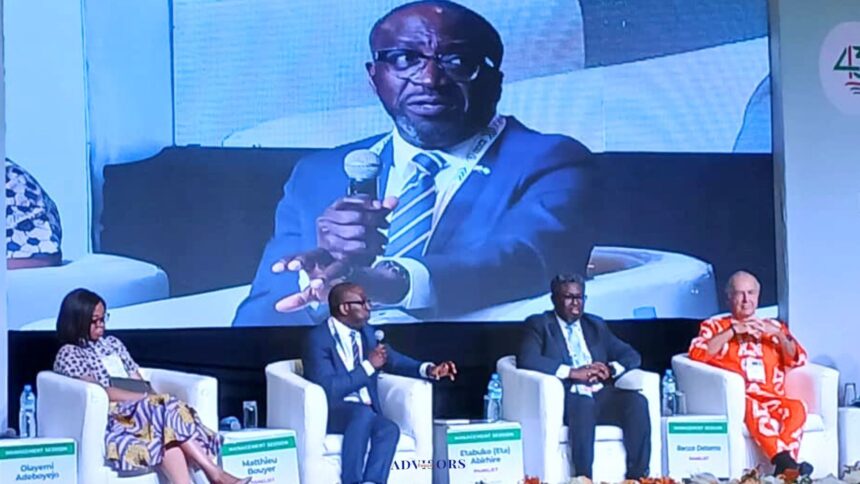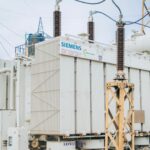… says joint use of offshore assets can curb reliance on other countries
Oredola Adeola
TotalEnergies has called on international oil companies (IOCs) operating in Nigeria’s deepwater sector to adopt shared service frameworks, particularly for FPSO operations, as a strategy to boost efficiency and cut costs.
This according to the company is in line with government reforms aimed at revitalizing offshore investment.
Victor Bamidele, Deputy Managing Director, Deepwater Assets, TotalEnergies EP Nigeria limited representing the company’s Managing Director/Chief Executive Officer, made the call while speaking during the Management Session of the 43rd Annual International Conference and Exhibition of the Nigerian Association of Petroleum Explorationists (NAPE), held in Lagos.
The session focused on “Driving Operational Efficiency and Human Capital Development in the Oil & Gas Sector Towards Economic Advancement.”
Bamidele traced Nigeria’s deepwater development journey, highlighting the company’s milestones with first oil from Akpo Field (OML 130) in 2009, Usan Field (OML 138) in 2012, and Egina Field (OML 130) in 2018, each developed with dedicated Floating Production Storage and Offloading (FPSO) vessels.
According to him, TotalEnergies’ successive FPSO developments helped improve operational efficiency through synergy and resource sharing across multiple floating units.
“Each FPSO we deployed improved our operational efficiency. With two FPSOs running simultaneously, we saw stronger synergies.
“Adding a third further enhanced productivity, as we could neutralize and optimize operations between them,” he said.
Bamidele further noted that countries like Brazil, Angola, and the U.S. Gulf of Mexico have demonstrated that developing successive deepwater FPSOs leads to significant efficiency gains.
He, however, lamented that Nigeria’s deepwater momentum stalled after the Egina FPSO came on stream in 2018.
“After Egina, we stopped as a country. There has been no new FPSO commissioned in Nigeria’s deep-water oilfield since 2018,” he stated.
He added that the Petroleum Industry Act (PIA) has begun to address some of the challenges discouraging further deepwater investment.
Bamidele also acknowledged renewed activity in the sector, particularly with Shell’s Bonga North project, describing it as a positive step toward reopening Nigeria’s deepwater space.
Bamidele also cited the deployment of the Helix Energy Solutions Q7000, a world-class well intervention vessel brought to Nigeria in 2022 by TotalEnergies, as an example of successful shared use among operators.
“When we brought in the Q7000 in 2022, all the IOCs benefited from it afterward. That’s how shared services should work,” he said.
He further explained that greater operational synergy, such as joint use of vessels, rigs, and subsea assets, would drastically reduce costs and logistics constraints, which currently force Nigerian operators to seek support from countries like Angola.
“If we had more concurrent deepwater operations here, we could easily share vessels, tools, and expertise locally. The cost savings would be substantial.
“This efficiency can be significantly enhanced when other IOCs and companies also launch new FPSOs and greenfield deep-water projects.
“The more deepwater projects we bring on, the more shared services will grow. Let’s give it all the push it needs to mature and deliver results; that’s the way forward,” the Dep.MD, Deepwater District, TotalEnergies (Nigeria) said.




